Hatchback vs Sedan - Understanding the Differences
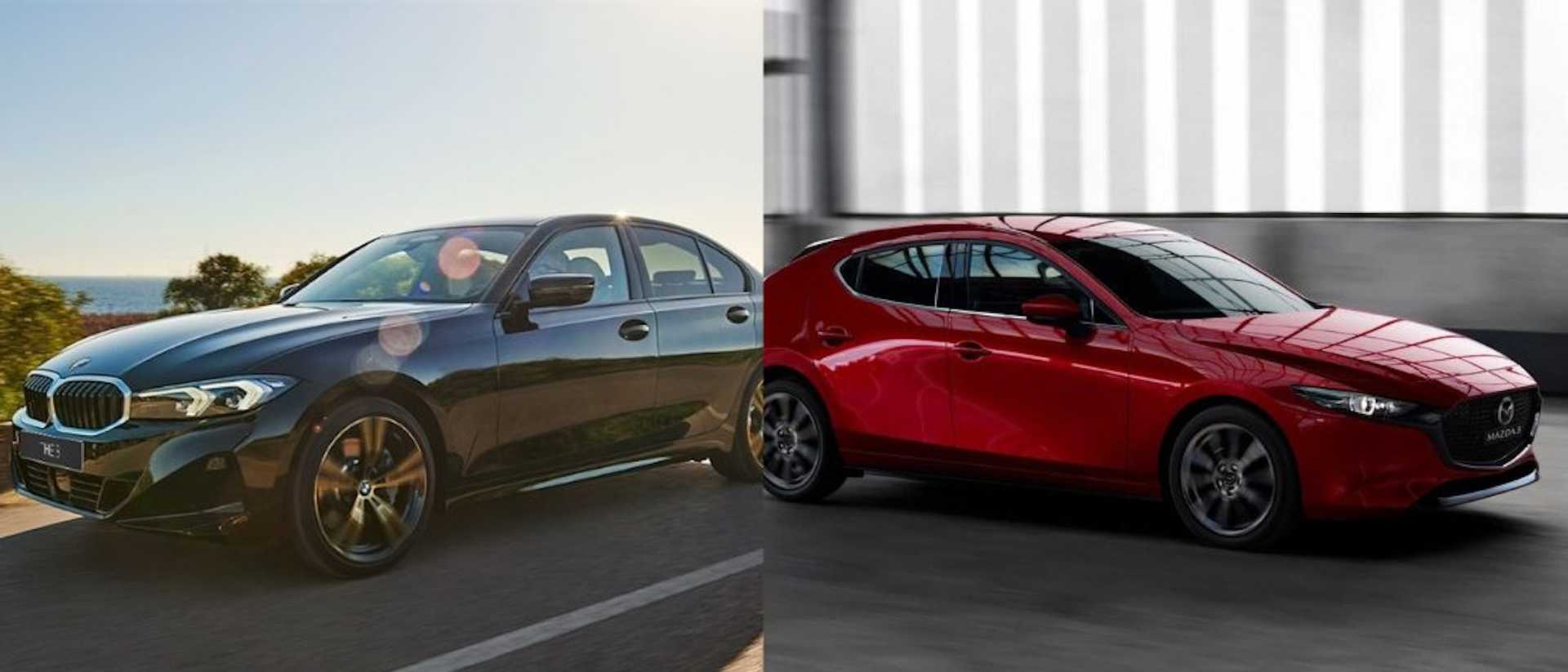
In the automotive market, sedans and hatchbacks are two types of passenger cars that have their own unique characteristics. If you're in the market for a new car, you may be wondering which one is right for you. In this article, we'll dive into the differences between sedans and hatchbacks, including their design, cargo capabilities, fuel economy, and more. By the end, you'll have a better understanding of which type of car suits your needs and preferences.
Key Takeaways:
- A sedan is a four-door car with a separate trunk, while a hatchback has a large flip-up hatch providing access to the cargo area.
- Sedans typically have more boot space, making them a better choice if you need to carry larger items.
- Hatchbacks offer better fuel economy and maneuverability, making them ideal for city driving.
- Sedans have a sleeker design, while hatchbacks have a sportier appearance with their sweeping rooflines.
- Choosing between a sedan and a hatchback ultimately depends on your specific needs and personal preferences.
Sedan Characteristics and Pros/Cons
A sedan is a type of passenger car that features a three-box body design, with separate compartments for the engine, passengers, and trunk. One of the key advantages of sedans is the spacious trunk area they offer, providing ample storage for your belongings.
However, it's important to note that the access to the trunk in sedans can be limited when the rear seatback is upright. This means that if you have larger or bulkier items to transport, it may be a bit more challenging to fit them in the trunk.
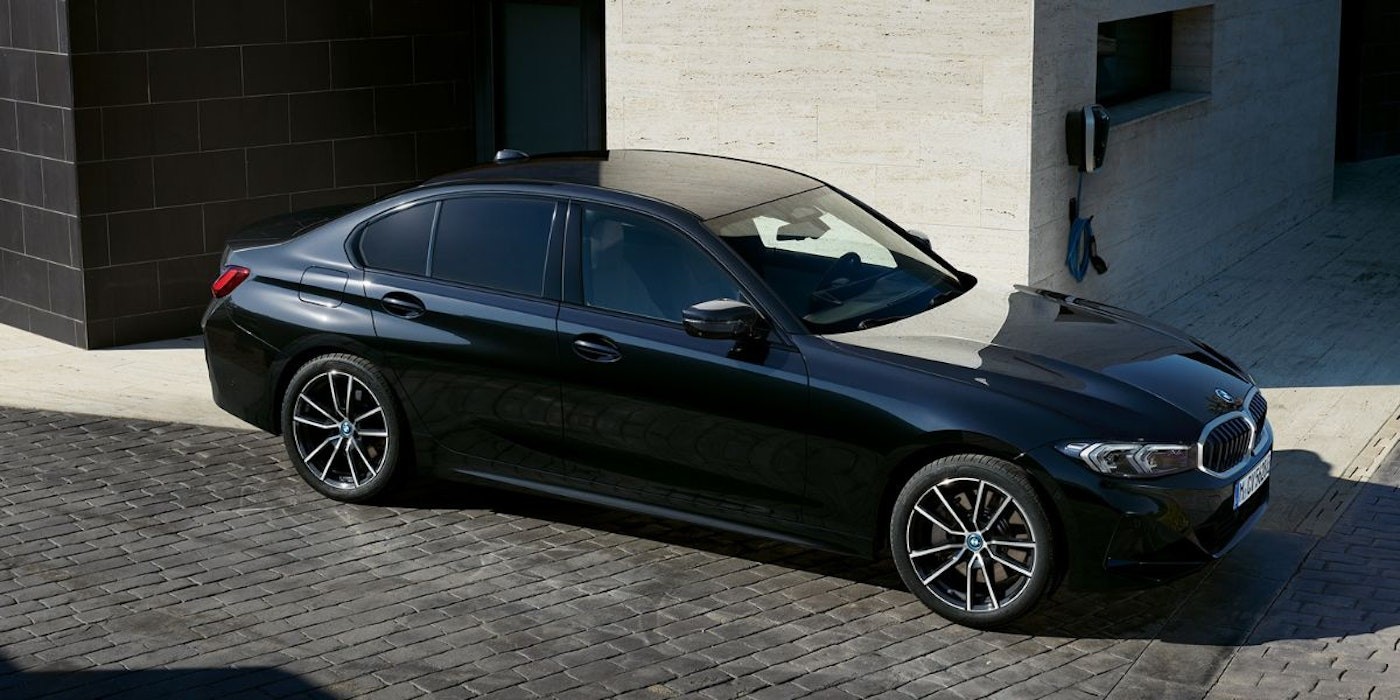
Sedans, on the other hand, are known for their fuel economy. They generally offer better fuel efficiency compared to hatchbacks, which can be beneficial in terms of saving on fuel costs and reducing your environmental footprint.
Another advantage of sedans is their higher resale value. Due to their popularity and demand, sedans tend to retain their value better over time. This can be advantageous if you plan on selling or trading in your car in the future.
- Advantages of Sedans:
- Spacious trunk area
- Good fuel economy
- Higher resale value
Despite these advantages, it's essential to consider your personal preferences and needs when deciding between a sedan and a hatchback. Each type of car has its pros and cons, and what works for one person may not work for another. Take the time to research and test drive different models to find the vehicle that best suits your requirements.
Hatchback Characteristics and Pros/Cons
Hatchbacks offer a unique and practical design that sets them apart from sedans. With their two-box design, hatchbacks integrate the cargo area into the rear of the vehicle, providing ample cargo space for your needs. Whether you're loading groceries or packing for a weekend getaway, a hatchback's cargo space offers the flexibility to accommodate larger items.
One of the key advantages of a hatchback is its superior rear visibility. The large rear window and the absence of a separate trunk in a hatchback allow for better visibility, making parking and maneuvering in tight spaces a breeze. You'll have a clear line of sight, giving you added confidence on the road.
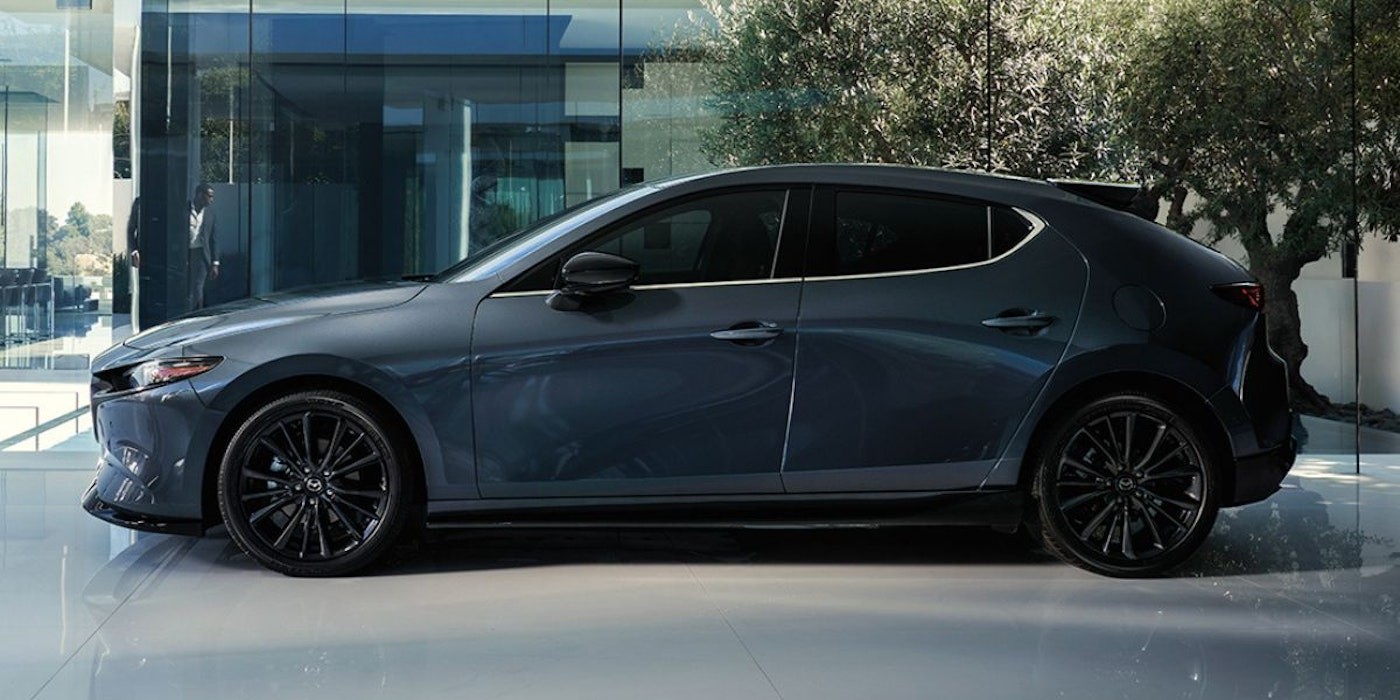
Another benefit of hatchbacks is the increased headroom they offer. The taller roofline of a hatchback allows for more headroom, providing a spacious and comfortable environment for both the driver and passengers. Whether you're tall or simply value the feeling of openness in a car, a hatchback delivers the extra headroom you desire.
When it comes to maneuverability, hatchbacks excel. Their compact size and agile handling make them perfect for navigating through congested city streets and tight parking spots. You'll be able to maneuver with ease, enjoying a nimble and efficient driving experience.
In summary, hatchbacks with their two-box design, generous cargo space, excellent rear visibility, increased headroom, and maneuverability, offer a practical and versatile option for those seeking a car that combines functionality and style.
Sedan vs Hatchback in terms of Cargo Capability and Flexibility
When it comes to cargo space, hatchbacks undoubtedly hold a trump card over sedans. The expansive rear hatch door of a hatchback offers a generous aperture for effortless loading and unloading of bulky items. Whether it's luggage for a weekend getaway, groceries for the family, or sporting gear for your adventures, you'll appreciate the hassle-free accessibility provided by the wide opening of a hatchback.
A standout feature that amplifies the cargo capabilities of hatchbacks is the ability to fold down the rear seats. This ingenious design allows you to transform the rear space into a significantly larger cargo area, ideal for accommodating larger items or a more extensive load of luggage. This versatility proves especially valuable for individuals who frequently transport oversized or bulky items, providing the adaptability needed for various hauling needs.
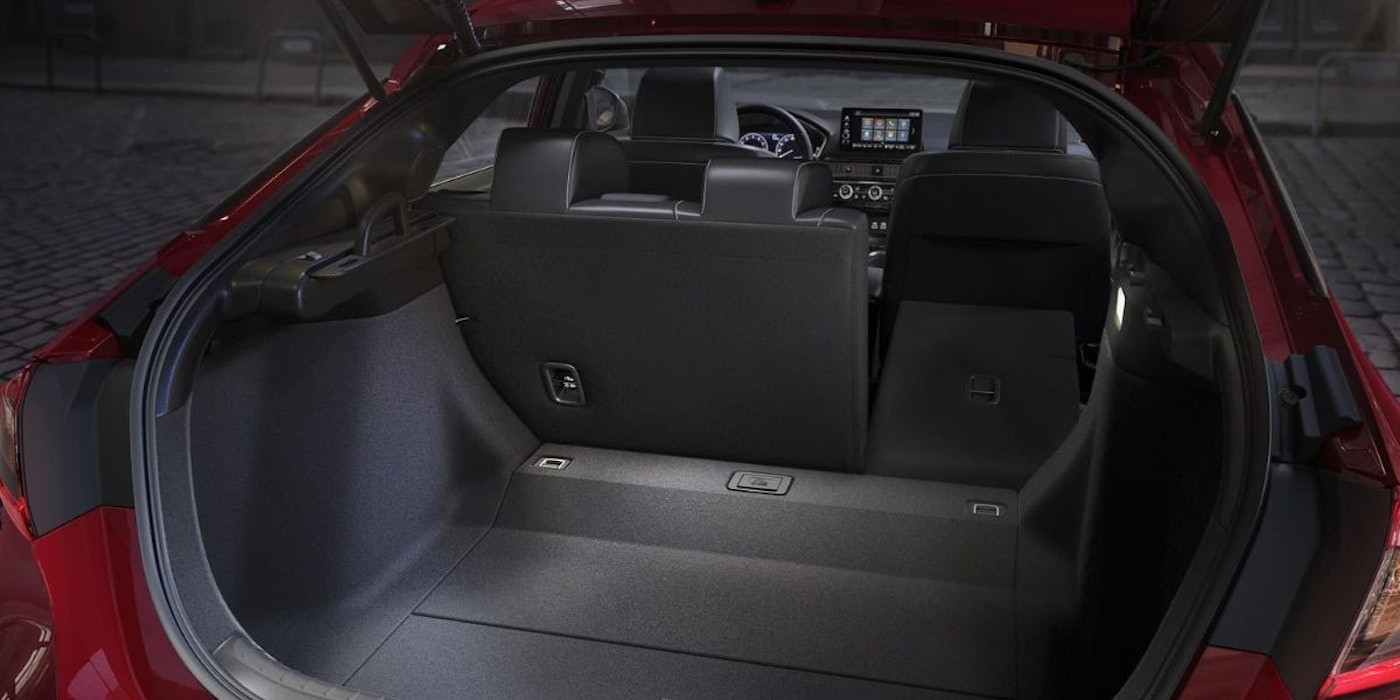
In contrast, sedans present a more confined cargo space owing to their fixed rear package tray and narrower trunk opening. While sedans certainly offer trunk storage, accessing and accommodating larger items can pose challenges. In scenarios demanding transportation of substantial items such as furniture or bicycles, the superior cargo space and flexibility of a hatchback undeniably tip the scales in its favor.
Whether you're pondering between a sleek sedan or a versatile hatchback, the choice ultimately hinges on your lifestyle and priorities. While sedans typically boast a separate boot area, hatchbacks excel in their ability to seamlessly integrate passengers and cargo, offering a harmonious balance between functionality and style.
In the realm of sedan vs hatchback, the major difference lies in their approach to cargo management. While sedans are characterized by their separate boot space, hatchbacks blur the lines between cargo space and rear seating, offering even more versatility in storage options.
So whether you're considering the sleek lines of a sedan like the Kia Cerato or the practicality of a hatchback, weigh your options carefully. The sedan vs hatchback debate boils down to finding the perfect match for your lifestyle and hauling needs, ensuring that your chosen make and model aligns seamlessly with your daily adventures.
Design and Style Differences
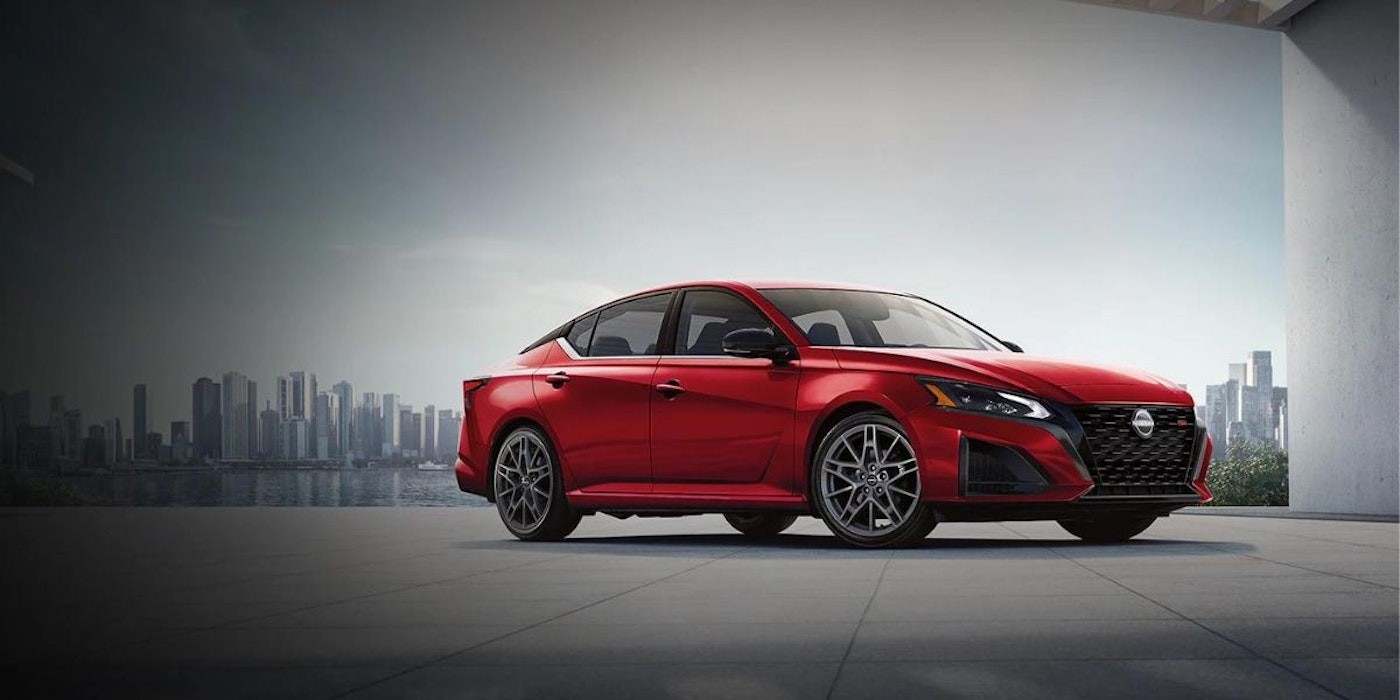
When it comes to design and style, hatchbacks and sedans have distinct differences that appeal to different tastes and preferences.
Hatchbacks have undergone significant design evolutions, now featuring sleek rooflines that elegantly sweep down to the rear of the vehicle. This design element gives hatchbacks a sporty and dynamic appearance, making them stand out on the road.
Sedans, on the other hand, embrace a more traditional and aerodynamic shape. With their sleek and elongated profile, sedans exude a sense of sophistication and elegance that has been a hallmark of this body style for decades.
One notable difference between hatchbacks and sedans is the rear window design. Hatchbacks typically have a larger rear window, extending down to the bottom of the vehicle's rear, providing better visibility and enhancing the overall aesthetic appeal.
However, it's important to note that hatchbacks may have slightly more road noise compared to sedans. This is mainly due to the less sealed-off cargo area, which allows for more external sounds to enter the interior of the vehicle.
In summary, hatchbacks boast sleek rooflines, stylish rear window designs, and a sporty appearance. Sedans, on the other hand, offer a more traditional and aerodynamic shape, exuding elegance and sophistication. Consider your personal style preferences when choosing between these two body styles.
Size and Interior Space
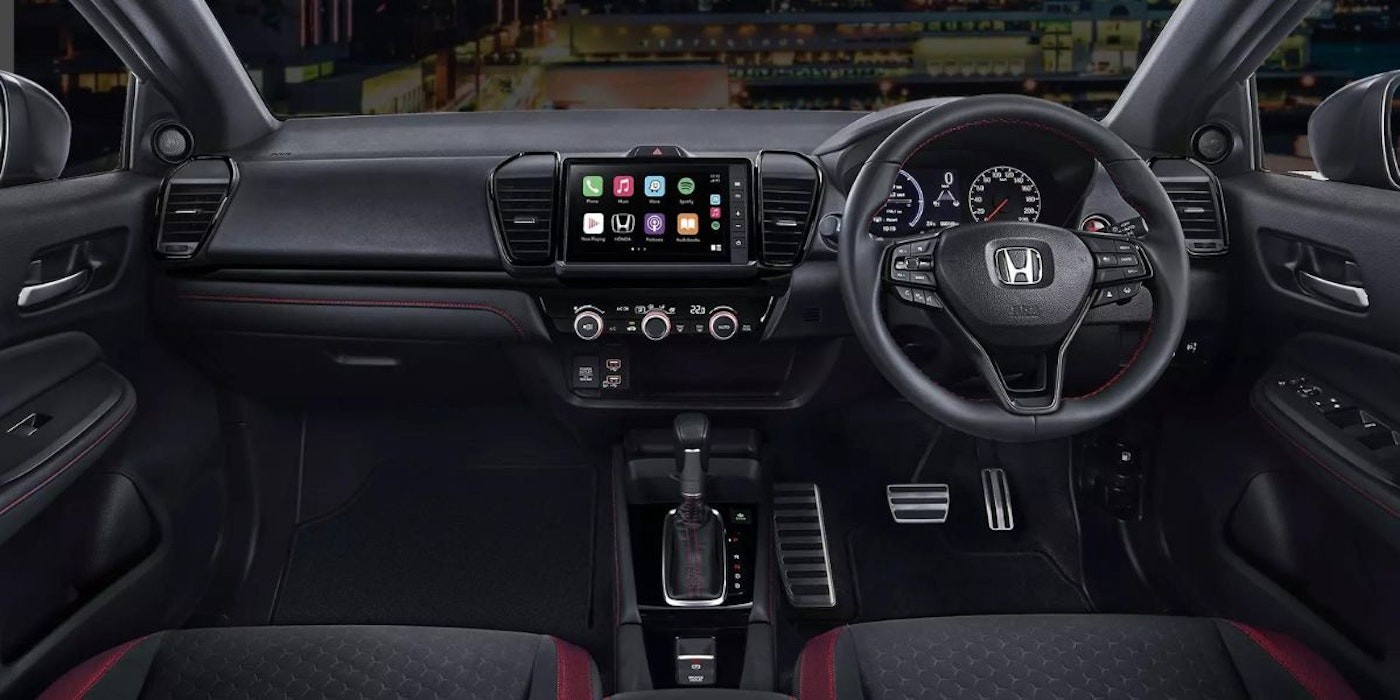
When considering hatchbacks and sedans, one important factor to compare is their size and interior space. Hatchbacks are generally smaller in size compared to sedans, making them more suitable for city driving and maneuverability. If you frequently navigate busy streets or need a vehicle that can easily fit in tight parking spaces, a hatchback may be the right choice for you. Their compact size allows for easier handling and better maneuverability in urban areas.
However, if you prioritize interior space and passenger comfort, sedans offer more room for both front and rear passengers. They typically have more cabin space, providing ample legroom for everyone. Sedans are especially ideal for longer journeys, as the additional legroom and spacious rear seating ensure a more comfortable ride. If you frequently travel with passengers or require extra space for your daily commute, a sedan might be the better option.
Advantages of Hatchback Size:
- Compact size for city driving and maneuverability
- Easy handling and parking in tight spaces
Advantages of Sedan Size:
- More interior space for both front and rear passengers
- Ample legroom for a comfortable ride
Ultimately, the choice between a hatchback and a sedan depends on your specific needs and preferences. Consider whether you prioritize maneuverability and compactness or require more interior space and passenger comfort. Assessing your lifestyle and evaluating these factors will help you determine the ideal size and interior space for your next car.
Fuel Economy and Efficiency
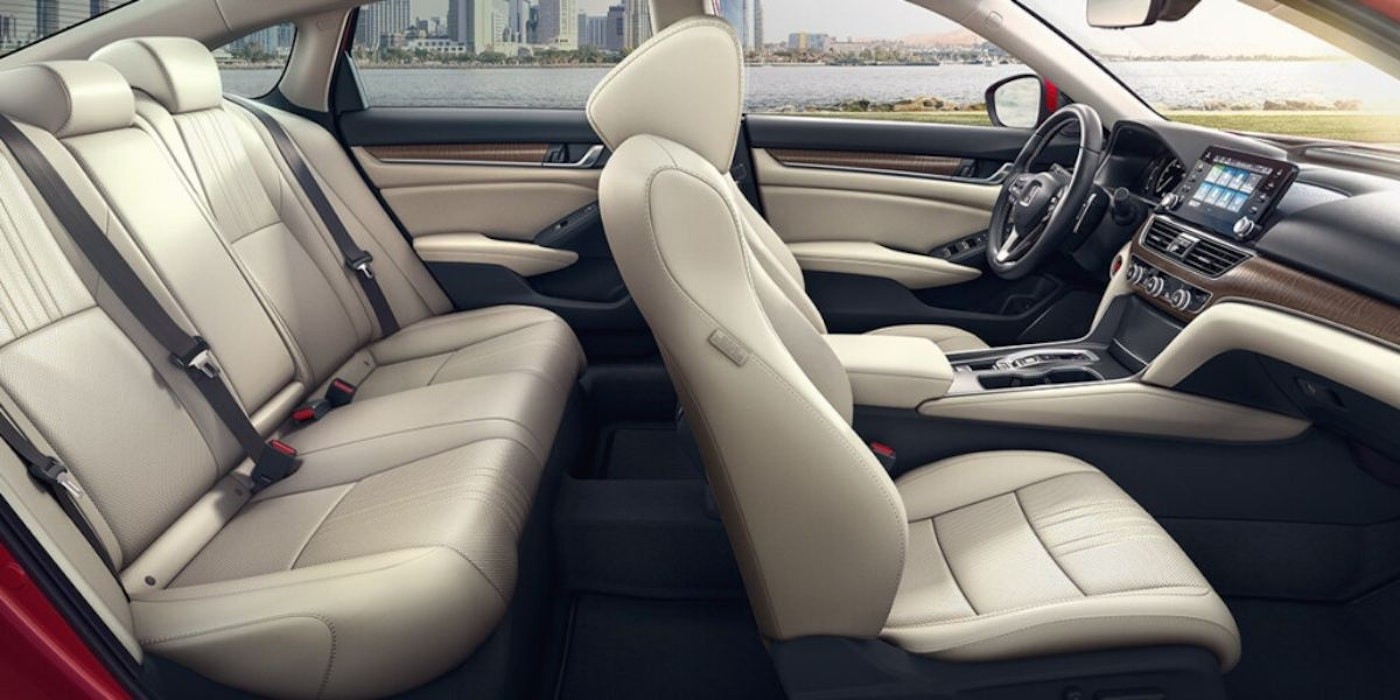
When it comes to fuel economy and efficiency, hatchbacks have a clear advantage over sedans. Their lightweight and smaller size contribute to their ability to achieve better mileage per liter of fuel. Hatchbacks are designed with a focus on being fuel-efficient, making them an ideal choice for those looking to save on fuel costs.
Due to their lighter weight, hatchbacks require less power to accelerate and maintain speed, resulting in improved fuel efficiency. Smaller engines in hatchbacks also contribute to their impressive fuel economy, as they require less energy to propel the vehicle. Whether you're driving in the city or on the highway, hatchbacks deliver excellent fuel efficiency, allowing you to go further on a tank of fuel.
However, it's important to note that sedans may have advantages in terms of aerodynamics and engine power. With a sleeker design, sedans often have lower drag coefficients, which can contribute to better fuel efficiency at higher speeds. Additionally, sedans may offer more powerful engine options, allowing for a smoother and more responsive driving experience.
Benefits of Hatchback Fuel Economy
- Lower fuel costs: With better fuel economy, hatchbacks help you save money at the pump, making them a budget-friendly choice for daily commuting and long-distance travel.
- Reduced environmental impact: Hatchbacks' fuel efficiency translates to lower CO2 emissions, making them more environmentally friendly options for eco-conscious drivers.
- Longer trips between refueling: Hatchbacks' ability to achieve higher mileage per liter of fuel means you can travel longer distances before needing to refuel, offering convenience and time savings on road trips.
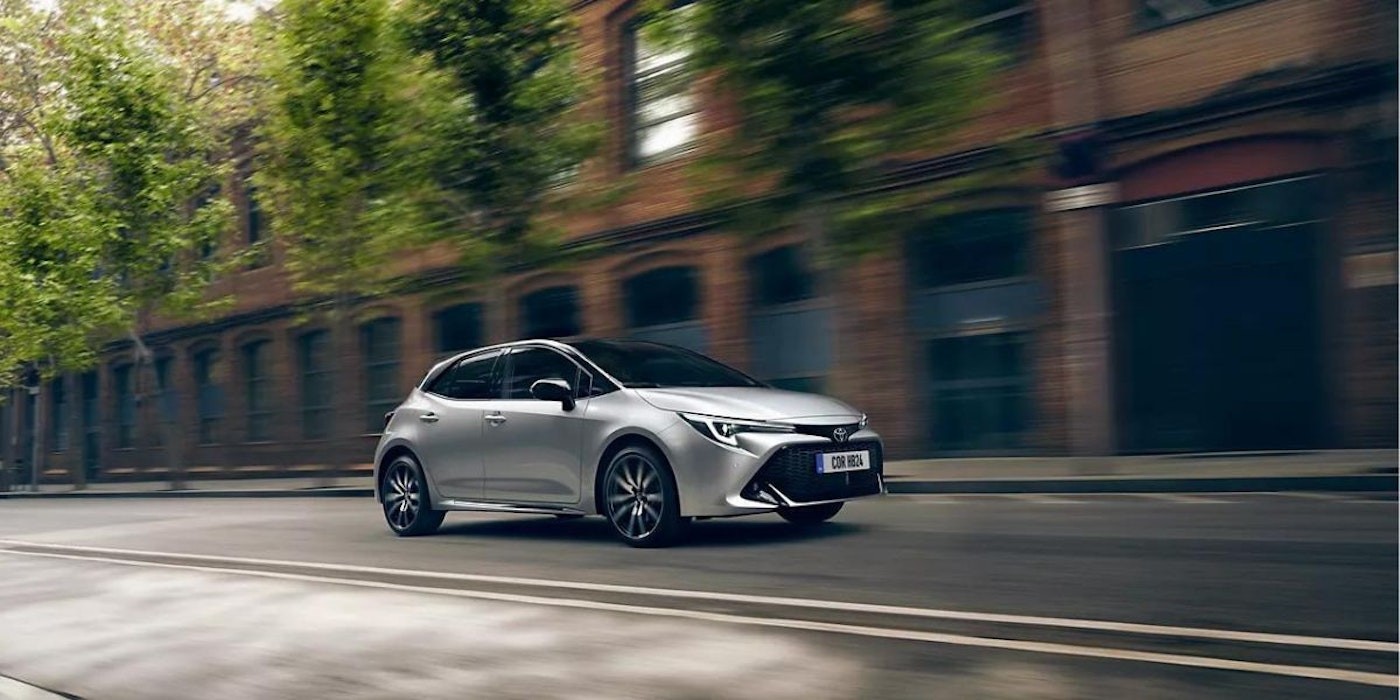
In summary, hatchbacks are the go-to choice for those seeking superior fuel economy and efficiency. Their lightweight, fuel-efficient nature combined with their smaller size make them perfect for city driving and maximizing fuel savings. However, sedans may have advantages in terms of aerodynamics and engine power, which can contribute to better fuel efficiency under certain conditions. Consider your priorities and driving needs when deciding between the two, but if fuel economy is a top concern, a hatchback is the way to go.
Safety and Resale Value
When it comes to hatchback safety and sedan safety, both types of vehicles are equipped with advanced safety technology to ensure the safety of you and your passengers.
Sedans are known for their better rear crash safety due to the separation of the trunk from the passenger cabin. This design provides an additional layer of protection in the event of a rear-end collision.
However, hatchbacks may also have higher safety ratings depending on other factors such as structural integrity, safety features, and crash test performance.
Resale value is an important consideration when purchasing a car, and hatchbacks generally have better resale value compared to sedans. This can be attributed to their popularity and versatility among buyers, as well as their affordability.
Whether you choose a hatchback or a sedan, rest assured that both options prioritize your safety and offer good resale value.
Choosing the Right Car for You
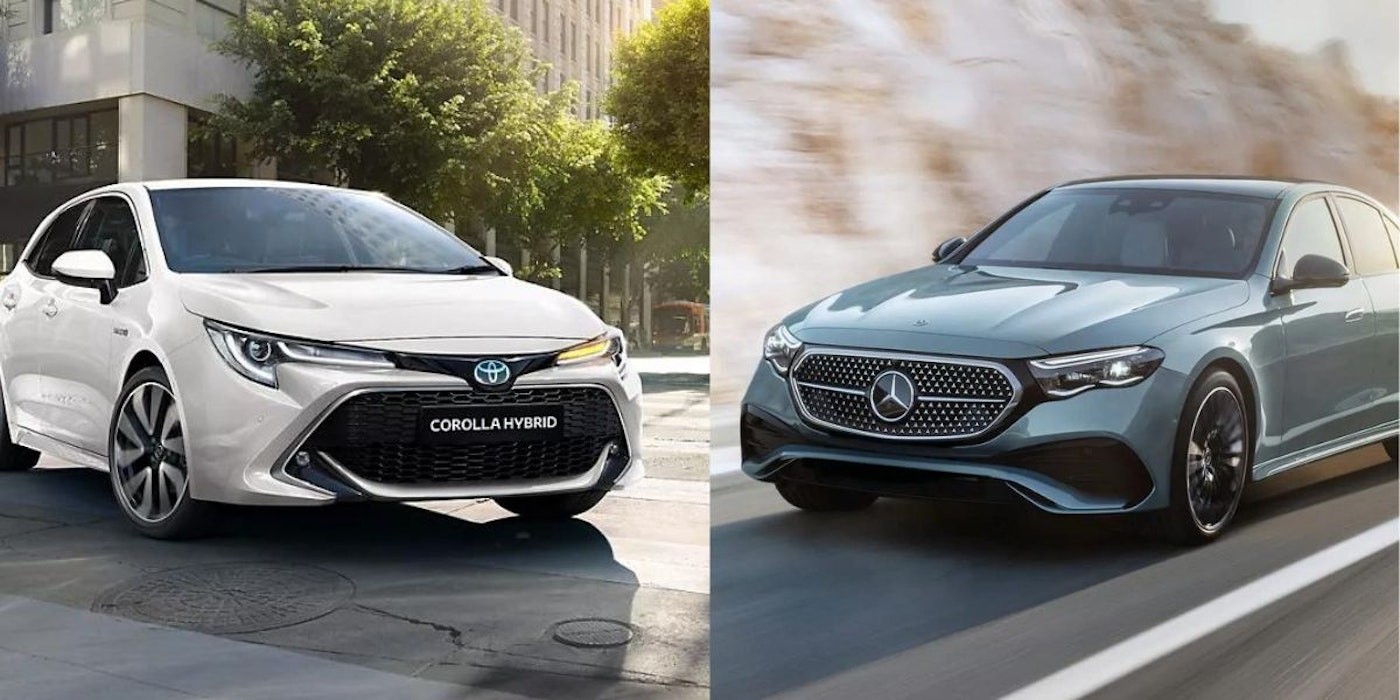
When it comes to choosing between a hatchback and a sedan, it all boils down to your individual preferences and specific needs. To make an informed decision, it is important to conduct thorough research and test drive various models.
Consider the following factors:
- Cargo Space: Determine how much storage capacity you require for your daily needs. Hatchbacks typically offer more flexibility and room for larger items, while sedans provide a spacious trunk for storing belongings.
- Fuel Economy: Evaluate the fuel efficiency of both hatchbacks and sedans to ensure you select a car with the best mileage for your driving habits.
- Interior Space: Assess your need for passenger comfort and legroom. Sedans generally offer more interior space, making them ideal for taller individuals or those who frequently transport passengers.
- Handling Characteristics: Consider your driving style and the handling characteristics that matter most to you. Hatchbacks tend to be more maneuverable in tight spaces, while sedans prioritize a smoother ride.
By considering these factors and your specific needs, you can confidently choose the right car that aligns with your lifestyle. Remember, each person's requirements are unique, so prioritize what matters most to you when making your decision.
Conclusion
In the deliberation between a hatchback and a sedan, the ultimate decision hinges on personal preferences and specific needs. Hatchbacks stand out for their enhanced cargo space and nimble maneuverability, making them a compelling choice for those who prioritize practicality and adaptability. Conversely, sedans typically offer more interior room and a sleeker exterior design, appealing to individuals who value elegance and refinement.
When weighing the options, it's crucial to consider your unique requirements. If you frequently find yourself grappling with bulky items or crave easy access to cargo space, a hatchback may emerge as the frontrunner. On the flip side, if your priority lies in providing a spacious and comfortable ride for passengers, a sedan might better suit your lifestyle.
In making your decision, thorough research and test drives are paramount. Delve into factors such as fuel efficiency, handling dynamics, and safety features to ensure alignment with your specific needs. Keep in mind that the choice between a hatchback and a sedan is deeply personal, and only through thoughtful consideration can you ascertain the vehicle that perfectly complements your lifestyle.
Whether you're tossing up between a hatchback or a sedan, it's essential to delve into the unique characteristics of each. From the coupe-like allure of sedans to the versatile cargo solutions of hatchbacks, explore the spectrum of possibilities to find the perfect fit for your journey ahead.
How Driva Can Help You Finance Your Next Vehicle Purchase
Driva can help you finance your next vehicle purchase by providing transparent and no hidden fees. With Driva, you can get personalised rates and compare 30+ lenders so you get the best rate for your financing needs.
When choosing between a hatchback and a sedan, there are a few main differences to consider. The main difference between a hatchback and a sedan is the storage space. Hatchbacks have a tailgate opening that provides easy access to a larger storage area, while sedans typically have a separate boot called a hatch. Sedans usually have four doors and a smaller passenger compartment compared to hatchbacks. Sedans also have a larger rear boot area, making them a great option for those who require more storage space.
Frequently Asked Question
What are the main differences between a hatchback and a sedan?
The main difference between a hatchback and a sedan is the body style. A sedan has a separate trunk compartment that is distinct from the passenger cabin, while a hatchback has a rear door that opens upwards and provides access to the cargo area.
What are the pros and cons of a sedan?
The pros of a sedan include a sleek and stylish design, better fuel efficiency, and a more comfortable ride. However, sedans generally have less cargo space compared to hatchbacks and may also have limited rear visibility.
What are the pros and cons of a hatchback?
The pros of a hatchback include a versatile and spacious cargo area, ease of loading and unloading, and improved rear visibility. Hatchbacks are also often more affordable than sedans. However, they may not have the same level of refinement and fuel efficiency as sedans.
Are there any differences between hatchbacks and sedans in terms of performance?
Performance differences between hatchbacks and sedans can vary depending on the specific models. In general, hatchbacks tend to be more agile and have better handling due to their smaller size and lower weight. Sedans, on the other hand, may offer a smoother and more comfortable ride.
Which is better, a hatchback or a sedan?
The choice between a hatchback and a sedan ultimately depends on your personal preferences and needs. If you require more cargo space and versatility, a hatchback may be the better choice. If you prioritize style and fuel efficiency, a sedan may be more suitable.
Can you provide examples of popular hatchback and sedan models?
Some popular hatchback models include the Mazda 3, Toyota Corolla Hatchback, and Kia Forte5. Popular sedan models include the Toyota Corolla, Hyundai Elantra, and Mazda 6.


.png)







